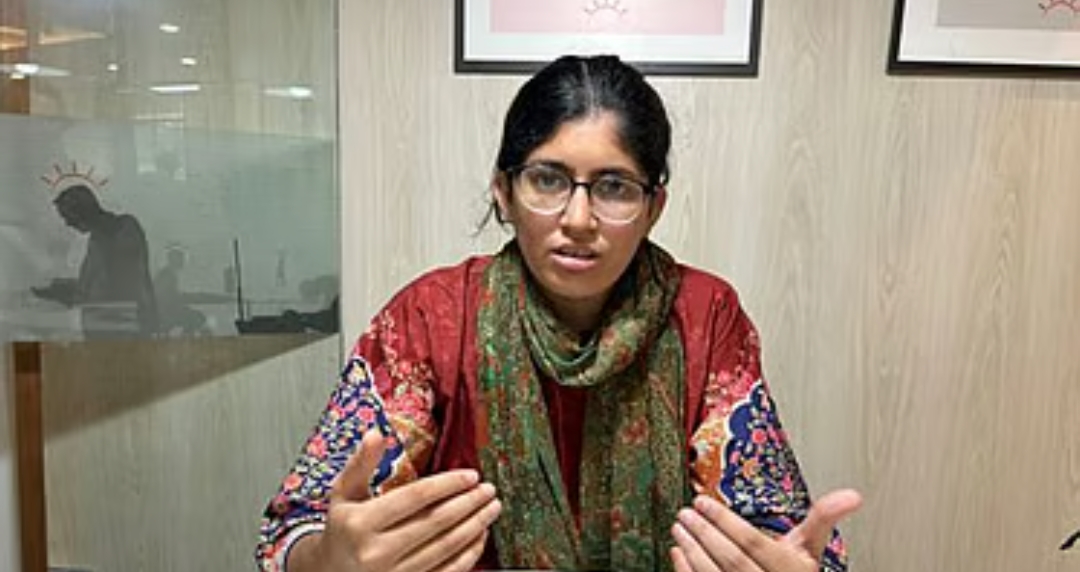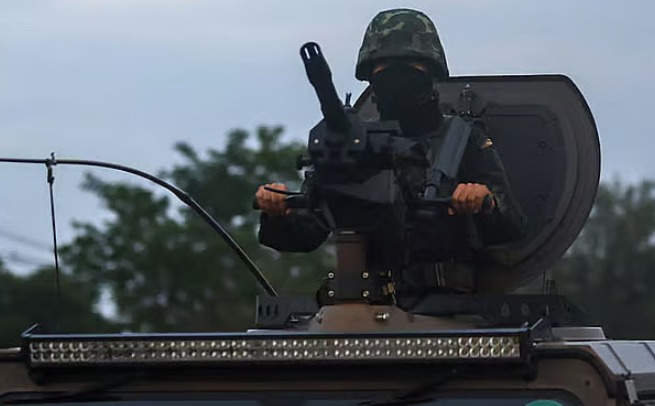Desk Report,
The old ways of bureaucracy and politics have become stronger.
Umama Fatema: Since the beginning of July last year, we had a continuous program demanding quota reform in government jobs, meetings and processions were being held every day. We, who were the central organizers of the movement, devoted ourselves to the movement full-time, leaving aside all other work. At that time, we were not only under a lot of physical pressure, but we were also very anxious mentally.
The old ways of bureaucracy and politics have become stronger.
I sometimes remember the day of July 14 last year. That day, in the afternoon, we marched towards Bangabhaban. Then, in the evening, at the press conference, Sheikh Hasina said the word ‘granddaughter of a king’. We could not accept this insult from her in any way. We were physically tired after marching and meeting all day. Even then, we came out of the hall around 10 pm to protest Hasina’s words and marched again.
On July 15, Chhatra League and external terrorists attacked the protesters at Dhaka University. Many people, including female students, were injured in that attack. Then, on July 16, several people were killed in police firing in Rangpur and other places in the country. Then the movement took a different turn. Looking back to July last year, I see that at that time we had an incredible courage and strong determination. An unprecedented unity was observed among ordinary students, everyone stood in one row, regardless of party or opinion. When I think of those days, the unity of July is what I remember the most, which is no longer the same as before. While the universities were open, it was only the movement of public university students. When the public universities were closed, the movement spread to private universities. When the private university students were protesting in the Rampura-Badda direction, they were also joined by local ordinary people, shopkeepers or hawkers. Similar incidents occurred in the Jatrabari, Mirpur and Mohammadpur directions. Many workers participated in the movement in the Gazipur direction. At one stage, leaders and activists of different political parties participated in the movement. In this way, the movement spread to people of all classes and professions.
I do not want to single out the students in the 24th uprising, I directly call it a mass uprising. The people of Bangladesh were fed up with a long dictatorship. There were one fake election after another, people could not vote; corruption, looting were going on freely. As a result of all this, the situation for an uprising was already prepared. It started with the students’ movement and the people participated in it spontaneously.




